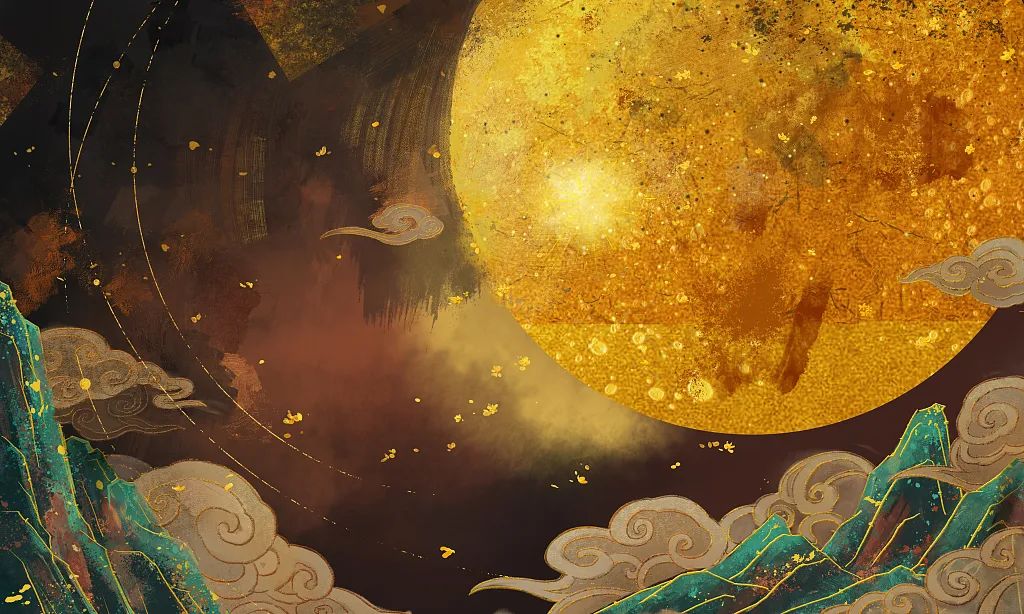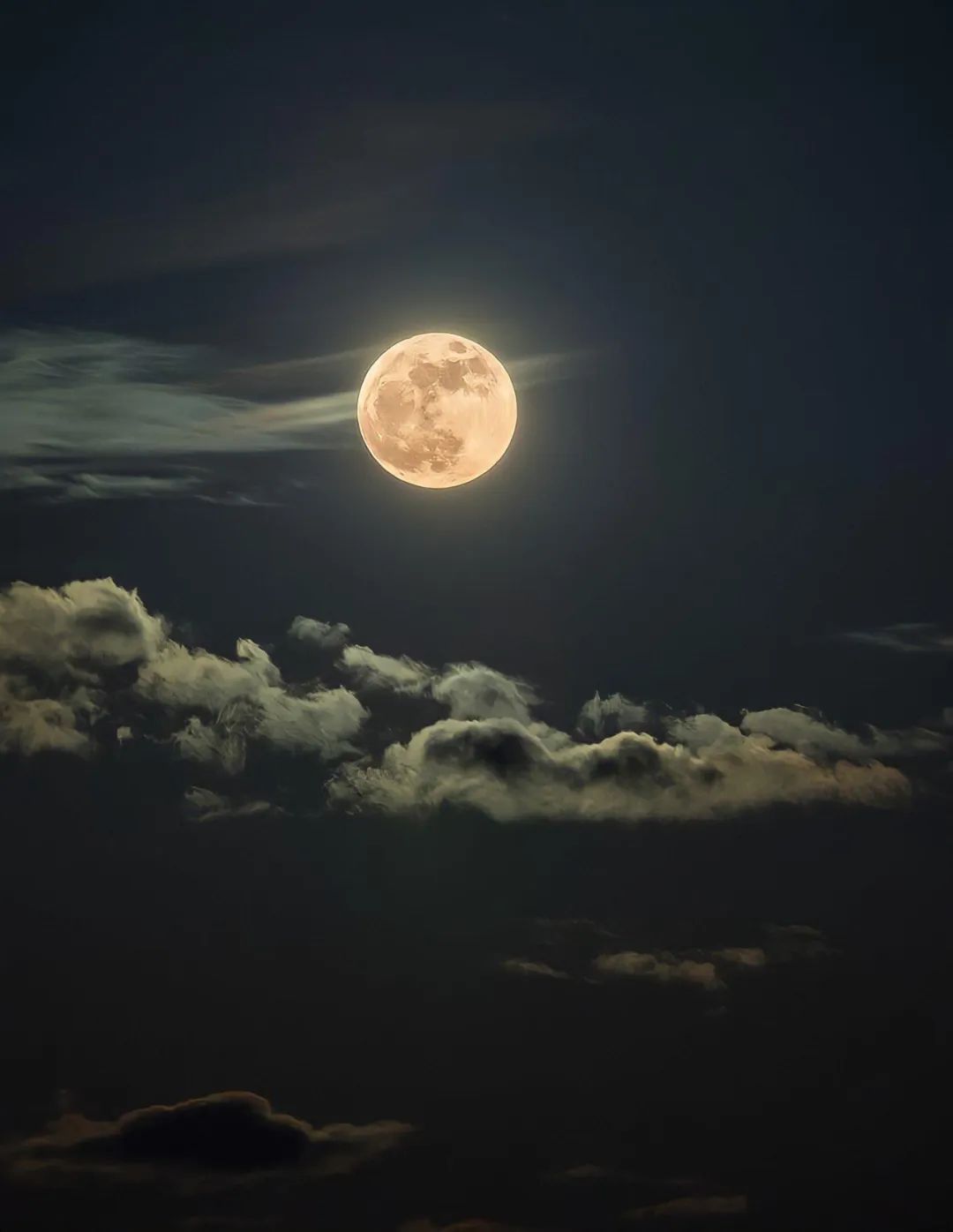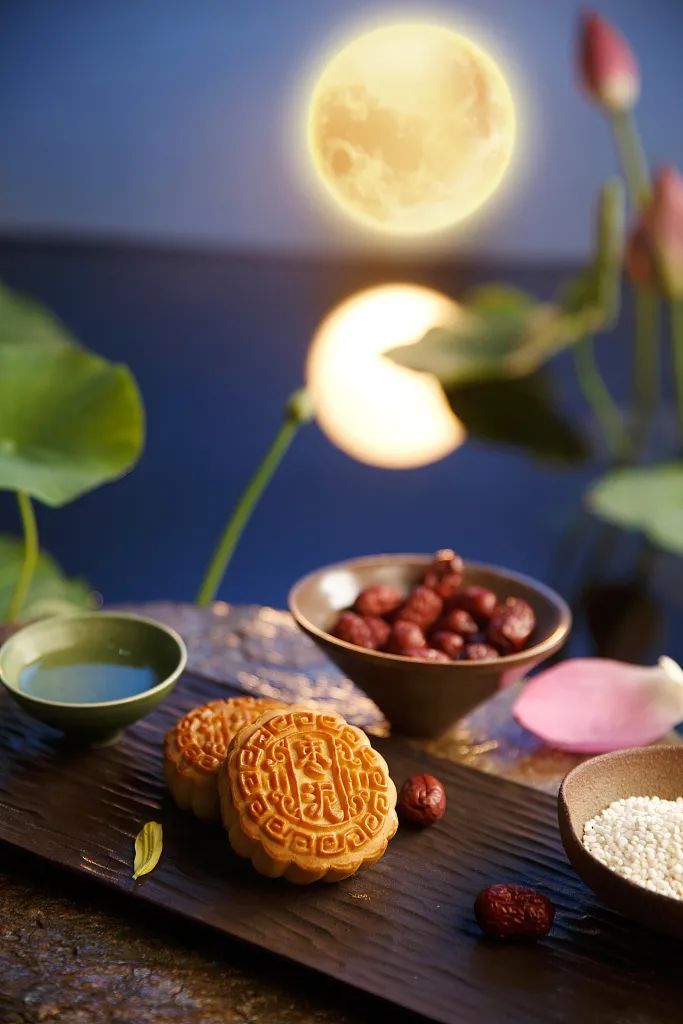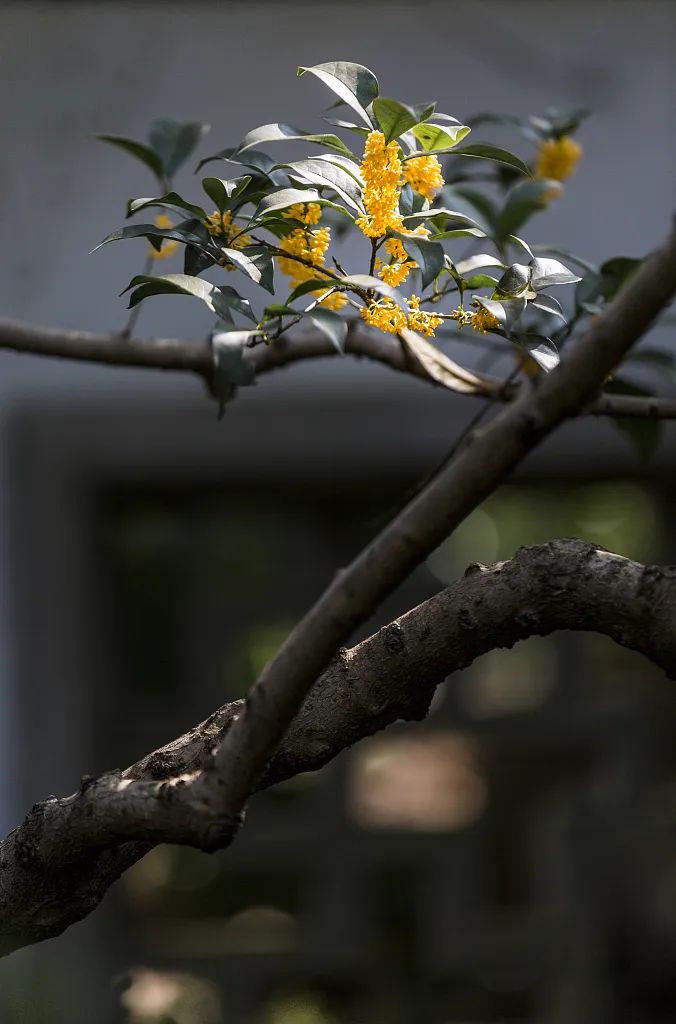
诗词里的中国
月光皎洁、栖鸦不惊、露湿桂花……
本期《诗词里的中国》为你带来唐代诗人王建的《十五夜望月寄杜郎中》。
诗人用形象的语言和丰富的想象,烘托出中秋之夜望月怀人的氛围,将思乡之情娓娓道来。
Since ancient times, the Mid-Autumn Festival has been an inspiration for Chinese writers who expressed delight over the full moon.
In this episode of Mastering Chinese Poetry, we take a look at a classic by Tang Dynasty poet Wang Jian, Look up at the Full Moon of the Eighth Lunar Month.
十五夜望月
王建 〔唐代〕
中庭地白树栖鸦,冷露无声湿桂花。
今夜月明人尽望,不知秋思落谁家。
Look up at the Full Moon of the Eighth Lunar Month
White is the courtyard ground where crows perch on the tree,
Cold dew in silence wets the sweet osmanthus flowers.
All people look up at the bright full moon tonight,
Knowing not whom the autumn homesickness falls on.
(Translated by Guo Zhuzhang)

An old Chinese saying goes as follows: "The harvest [mid-autumn] moon is exceptionally bright." Typically, the roundest moon of the year falls on the 15th day of the eighth month on the Chinese lunar calendar.
This poem was written on the night of the festival when the poet was alone as everybody else was having a good time. The loneliness awoken thoughts of his distant home and a sense of nostalgia.
zhōng tíng dì bái shù qī yā
中庭地白树栖鸦 ,
lěng lù wú shēng shī guì huā
冷露无声湿桂花。
White is the courtyard ground where crows perch on the tree, cold dew in silence wets the sweet osmanthus flowers.
Moonlight, dew and osmanthus flowers – these are all elements of the autumn season. But the sweet imagery belies a bitter reality of homesickness and solitude. The first two sentences set the scene, but the poet withholds mentioning the moon – the main highlight of the festival – until the third line.
jīn yè yuè míng rén jìn wàng
今夜月明人尽望 ,
bù zhī qiū sī luò shuí jiā
不知秋思落谁家。
All people look up at the bright full moon tonight, knowing not whom the autumn homesickness falls on.
You might be surprised to know that it was actually the poet who was looking at the moon when everything around him was quiet, and then associated that moment with the public at large who might be sharing the same feeling of loneliness on a collective level.

The Mid-Autumn Festival is one of the four major traditional holidays for Chinese communities, along with the Spring Festival, Qingming Festival and Dragon Boat Festival. In China, the festival was included in the first batch of state-level Intangible Cultural Heritage in 2006. Chinese people mark this occasion with family reunions, eating mooncakes, moon gazing and praying for good luck.
It's also a tradition to admire osmanthus flowers and have sweet-scented osmanthus wine. The flower has a wide range of symbolism in Chinese culture, such as victory, luck, beauty and loyalty. Osmanthus flowers are usually in full bloom around the mid-autumn day until mid-to-late October. The smell of the flower and the shimmering moonlight bring a nostalgic feeling during this season to many people.

相关文章:
四合院:从曝光易中海黑料开始陈星河易中海大结局在线阅读09-16
《皇后惨死:疯批公主谋江山夺天下》免费章节皇后惨死:疯批公主谋江山夺天下点我搜索全章节小说09-16
被卖十六年归来(刘小军宁浩刘大勇)最新推荐_最新推荐被卖十六年归来(刘小军宁浩刘大勇)09-16
《宋雨婉傅槿衍》精彩章节-宋雨婉傅槿衍免费阅读全文09-16
美文阅读《离婚当天,她后悔了》苏雅张伟全文精彩章节列表试读09-16
《林嫣姜玥》贪心妹妹高价卖我房子,我直接送她蹲局子小说全部章节目录09-16
